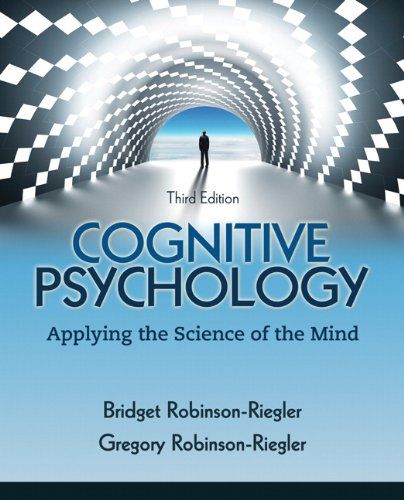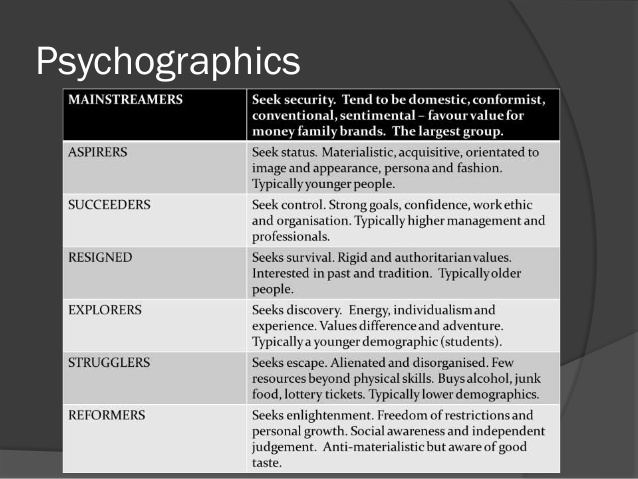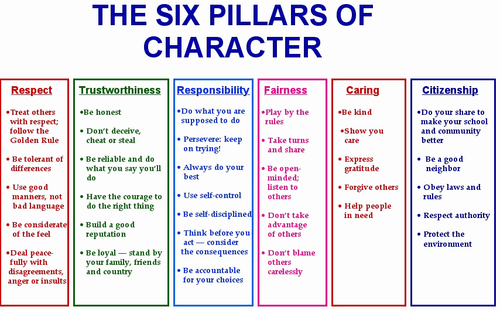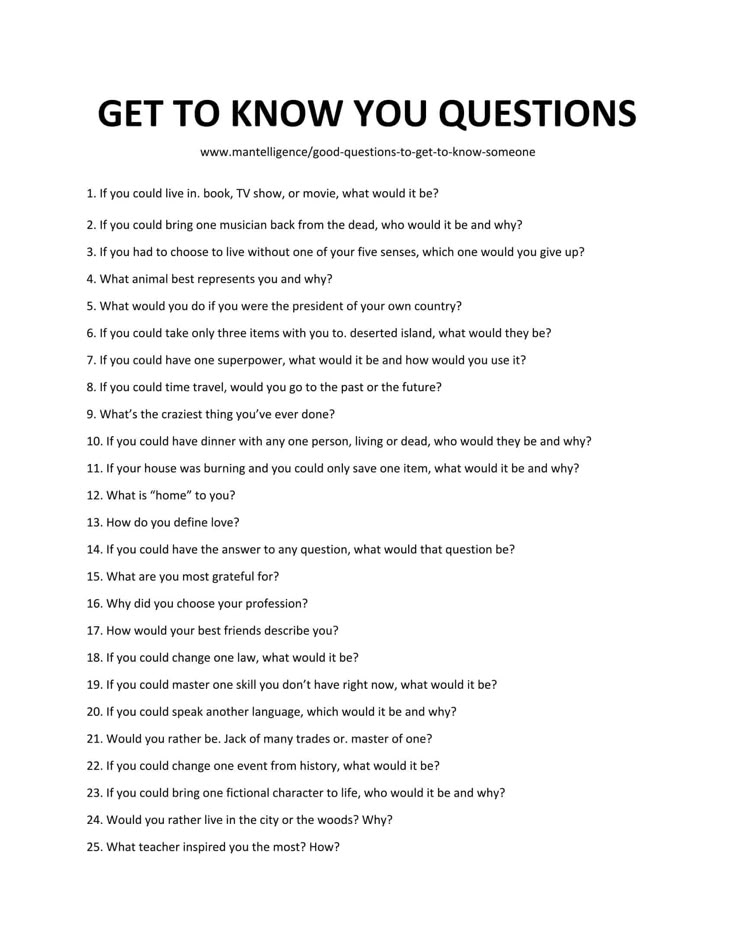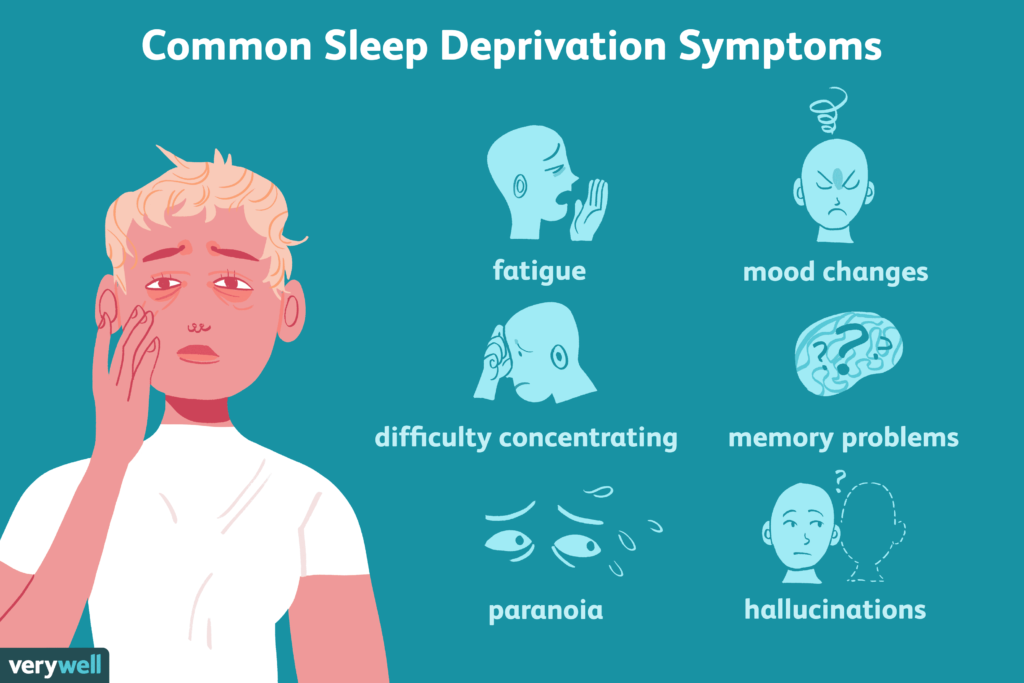Stress and anxiety in college students
Anxiety in college: What we know and how to cope
Even amid the rush of final exams and graduation celebrations at this time of year, college beckons with the chance to live on your own, find new friends, and explore interesting ideas. Yet for college students — as well as high school students and parents craning for a glimpse down the road — these changes can also be stressful. Overnight, college students separate from their traditional support system of family and friends. They also face many new challenges, such as living with roommates, managing heavy workloads, and developing an independent identity. It’s no surprise that anxiety often spikes during college. So, what do we know about anxiety during the college years? How can you cope if you’re facing it? And can you take steps this summer to help you handle anxiety when you head off to — or back to — a college campus?
What do we know about anxiety in college?
It’s common. Anxiety in college is very common. According to the American College Health Association Fall 2018 National College Health Assessment, 63% of college students in the US felt overwhelming anxiety in the past year. In the same survey, 23% reported being diagnosed or treated by a mental health professional for anxiety in the past year.
The sharpest increase in anxiety occurs during the initial transition to college. A recent study demonstrated that psychological distress among college students — that is, their levels of anxiety, depression, and stress — rises steadily during the first semester of college and remains elevated throughout the second semester. This suggests that the first year of college is an especially high-risk time for the onset or worsening of anxiety.
It’s caused by many factors. Many factors contribute to the heightened risk for anxiety among college students. For example, sleep disruption caused by drinking excess caffeine and pulling all-nighters is associated with increased anxiety among college students.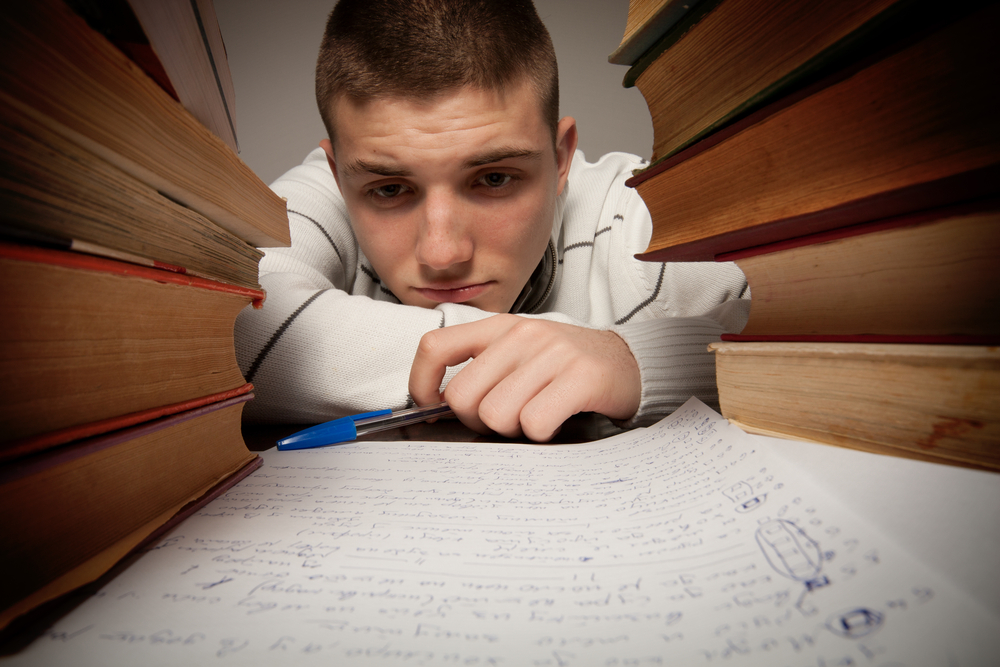 Loneliness also predicts mental health problems, including anxiety. Academic factors like school stress and disengagement from studies are also associated with psychological distress among college students.
Loneliness also predicts mental health problems, including anxiety. Academic factors like school stress and disengagement from studies are also associated with psychological distress among college students.
It may be on the rise. College students today appear to be more stressed and anxious than ever before. A recent study in Sweden showed that anxiety levels have increased in recent years, especially among young adults. In the US, some research shows a decrease in psychological well-being among adolescents over the past several years. It’s not entirely clear what is causing this trend, though research shows a strong association between time spent on electronic communication (social media, smartphones) and reduced well-being among adolescents. Electronic communication might interfere with adjustment to college if it replaces healthy coping behaviors like exercise, face-to-face social interactions, and studying.
How to cope with anxiety in college
Whether you’re a student, a parent, or an administrator, our tips on coping with anxiety in college may help.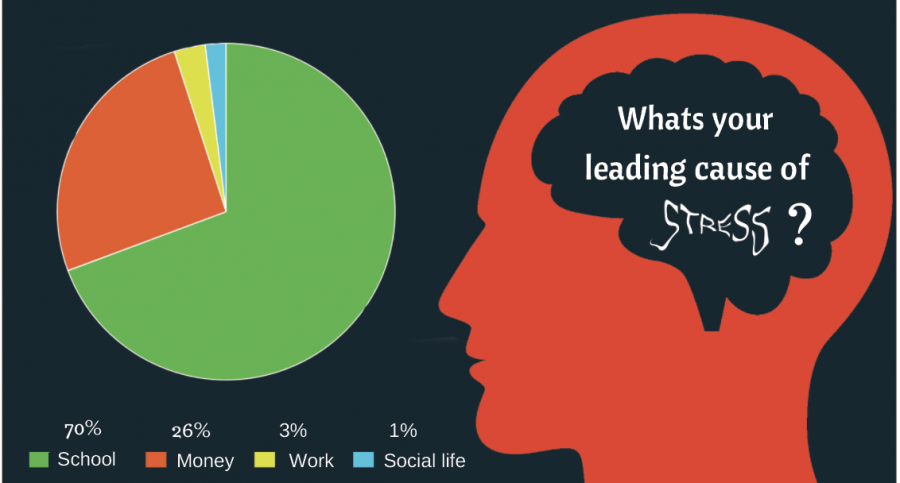 Even if you haven’t yet started college, it can be useful to think ahead.
Even if you haven’t yet started college, it can be useful to think ahead.
For students:
- Approach, don’t avoid. College is challenging and many students cope by avoiding stressors (skipping class, staying in bed all day). However, we know that avoidance tends to make anxiety worse over time. Instead, practice taking small steps to approach anxiety-provoking situations. If you’re struggling in a class, try emailing the professor for help. If you’re feeling lonely, try introducing yourself to someone in the dining hall. Not at college yet? Practice this skill over the summer by participating in pre-college programs on campus.
- Practice self-care. Many students struggle to maintain healthy eating habits, consistent exercise, and regular sleep without the structure of home. But self-care behaviors like these are extremely important for regulating mood and helping people cope with stress.
 Try to establish your own self-care routine — preferably before you even start college. Good sleep hygiene is key. Set a consistent bedtime and wake-up time each day. Avoid using your bed for activities other than sleep, like studying. Limit caffeine in the evening and limit alcohol altogether, as it interferes with restful sleep.
Try to establish your own self-care routine — preferably before you even start college. Good sleep hygiene is key. Set a consistent bedtime and wake-up time each day. Avoid using your bed for activities other than sleep, like studying. Limit caffeine in the evening and limit alcohol altogether, as it interferes with restful sleep. - Find resources on campus. Many colleges offer resources to help students navigate the initial transition to campus and cope with stress. Investigate campus resources for academic advising, study support, peer counseling, and student mental health. If you’ve been diagnosed with a mental health issue, such as an anxiety disorder, you may also want to find a mental health provider near campus. If you struggle with anxiety and you’ll be starting college next year, you may find it helps to establish a relationship with a therapist beforehand.
For parents: You can help your child navigate the transition to college by supporting them in trying the tips described above. For example, you might ask your child about their worries for college and help them brainstorm an approach plan. You can also assist in researching campus resources and finding local mental health providers.
For example, you might ask your child about their worries for college and help them brainstorm an approach plan. You can also assist in researching campus resources and finding local mental health providers.
For administrators: College administrators can support students by raising awareness on campus about stress and anxiety. The message that anxiety is common and treatable can reduce stigma for those who are struggling, and increase the likelihood that they will reach out for help. Administrators can also work on reducing barriers for students who need mental health resources. For example, colleges can offer mental health support to students via phone, online chat, and drop-in sessions, to make it as easy as possible to receive treatment.
Anxiety in College Students: Signs, Symptoms & Treatments
Skip to contentPublished: August 9, 2021 Updated: August 30, 2022
Published: 08/09/2021 Updated: 08/30/2022
In a 2020 survey of 36 universities, 34% of college students surveyed reported moderate to severe levels of anxiety. 1 The combination of academic pressure, moving away from home, new social situations, and financial stressors can create the perfect storm for anxiety to surface during the college years.
1 The combination of academic pressure, moving away from home, new social situations, and financial stressors can create the perfect storm for anxiety to surface during the college years.
Having fears or being worried about an outcome of a situation does not equate to a diagnosis of an anxiety disorder. However, if these symptoms are lasting for six months or more and getting in the way of how you normally function, there is a possibility that professional help is needed. Thankfully, anxiety is quite treatable. Treatments for anxiety include therapy, medication, and lifestyle changes.
You don’t have to struggle with anxiety on your own. BetterHelp has over 20,000 licensed therapists who provide convenient and affordable online therapy. BetterHelp starts at $60 per week. Complete a brief questionnaire and get matched with the right therapist for you.
Choosing Therapy partners with leading mental health companies and is compensated for referrals by BetterHelp
Visit BetterHelp
What Makes College Students Especially Vulnerable to Anxiety?
Living away from home for the first time (and perhaps feeling homesick), managing difficult course work and schedules, increased social pressures, independent self-care routines, the pressure to succeed on your own, and financial responsibilities are all stressors that make college students more vulnerable to anxiety and burnout.
If a student is having a difficult time adjusting to one or more aspects of college life, they may find themself feeling down and experiencing anxious thoughts. These thoughts usually include negative self-talk, self-doubt, worry, cycles of obsessing about various outcomes, and many other self-critical thoughts. As these thoughts continue to escalate, there is a possibility that the student will start to become more anxious and possibly isolate themself to avoid being exposed.
In addition, students and younger populations may feel additional anxiety due to climate change, political events or recent racial unrest. Uncertainty about the future can often lead to increased anxiety.
Even if the student knows that many of their peers are also dealing with school stress, personal experience with anxiety can cause them to feel isolated and alone due to the severity of the symptoms, especially if it is the first time. It is always a good idea to speak to someone if anxiety is impacting you.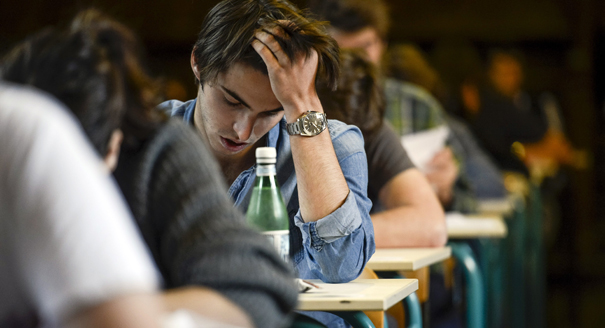
Anxiety in college students is more than just feelings of nervousness or worry. The symptoms that can present during this time tend to be debilitating, and without the right interventions can have a long-lasting impact on the student, even beyond the college years.
Some signs of anxiety to watch out for include:2
- Nervousness or unease
- Inability to maintain focus
- Uncontrollable worry
- Sleep disturbances or insomnia
- Missing classes or assignments
- Isolation from family, friends, and classmates
- Changes in eating habits
- Cycles of negative thoughts
Anxiety vs. Normal Stress Responses
Stress is a part of life and everyone struggles with worries and anxiety at times. However, when the reactions to the stress begin to overtake normal functioning, that is when stress can turn into anxiety.
Specific Types of Anxiety Common Among College Students
The presentation of symptoms in college students can differ greatly as everyone is impacted by anxiety related to their own unique experiences. There are various types of anxiety that are common, yet not diagnosed as separate disorders.
There are various types of anxiety that are common, yet not diagnosed as separate disorders.
The following are some specific types of anxiety and the corresponding symptoms that identify each category:
- Anticipatory Anxiety: Anticipatory anxiety is characterized by increased anxiety and panic about events that are expected to happen in the future, such as an upcoming exam or meeting with a professor.
- Separation Anxiety: Separation anxiety can leave students feeling lonely or isolated, missing their familiar connections. It can stunt the social growth and development of community in students. When students are not open to engaging in activities on campus with their peers, they become more isolated and therefore feel an even greater impact of the separation.
- Test Anxiety: Test anxiety can have both physical and mental manifestations such as racing heart and inability to concentrate, often resulting in a heightened sense of panic or excessive fear, even when the individual is adequately prepared for the exam.

- Social Anxiety: Social anxiety is an intense fear or anxiety of social situations. During the college years, there are added pressures to engage in social situations related to educational coursework and outside of academia. Peer pressure is heightened during this time and presents added pressures related to experimenting with drugs, alcohol, sexual situations, and academic dishonesty. 3
When to Seek Professional Help
Anxiety and the worries that come along with it may not go away on their own. You should contact your doctor if the symptoms of anxiety are interfering with your relationships, academics, or other parts of your life as a college student.
You should seek help if your fear, worry, or anxiety is upsetting to you, is difficult to control, or if you think that your symptoms may be linked to another underlying health condition. It is always important to seek professional help if you have thoughts of self-harm or suicide.
Like many mental health conditions, the earlier that you begin to treat anxiety, the easier it will be to learn the coping mechanisms and find the best treatment options for your situation. Allowing the symptoms to progress over time may cause more emotional and physical discomfort and disturbances to your life.3
In many instances, untreated anxiety can lead to heightened stress and possibly even panic attacks. These episodes can be very frightening for the individual and sometimes can even be mistaken for a heart attack due to the intensity.
How Anxiety Is Treated on College Campuses
Due to the high prevalence, most college campuses have specialized services in place which are also convenient to access and are usually low cost or free to students. Campus mental health counselors are well prepared to treat anxiety and they are also able to refer students to the health center for a medication evaluation if indicated.
While it is highly treatable, only about one-third of the population seeks treatment for anxiety. 4
4
Some specific ways that anxiety is treated are:
- Therapy: In therapy, you will explore the struggles that you are facing and develop a plan to help you learn to cope with your specific symptoms of anxiety in a healthy way. Some therapy techniques for treating anxiety include cognitive behavioral therapy and exposure therapy.
- Medication: Medications are sometimes used to treat anxiety and prevent episodes of severe symptoms. A medical doctor or a psychiatrist can complete an evaluation and determine if medication will be used in your treatment plan.
- Exercise: Scientists have found that regular participation in aerobic exercise has been shown to decrease overall levels of tension, elevate and stabilize mood, improve sleep, and improve self-esteem. About five minutes of aerobic exercise can begin to stimulate anti-anxiety effects.5
- Natural Remedies: Natural remedies for anxiety, like yoga, meditation, mindfulness practice, good nutrition, support groups, and spirituality can all aid in the treatment of anxiety.
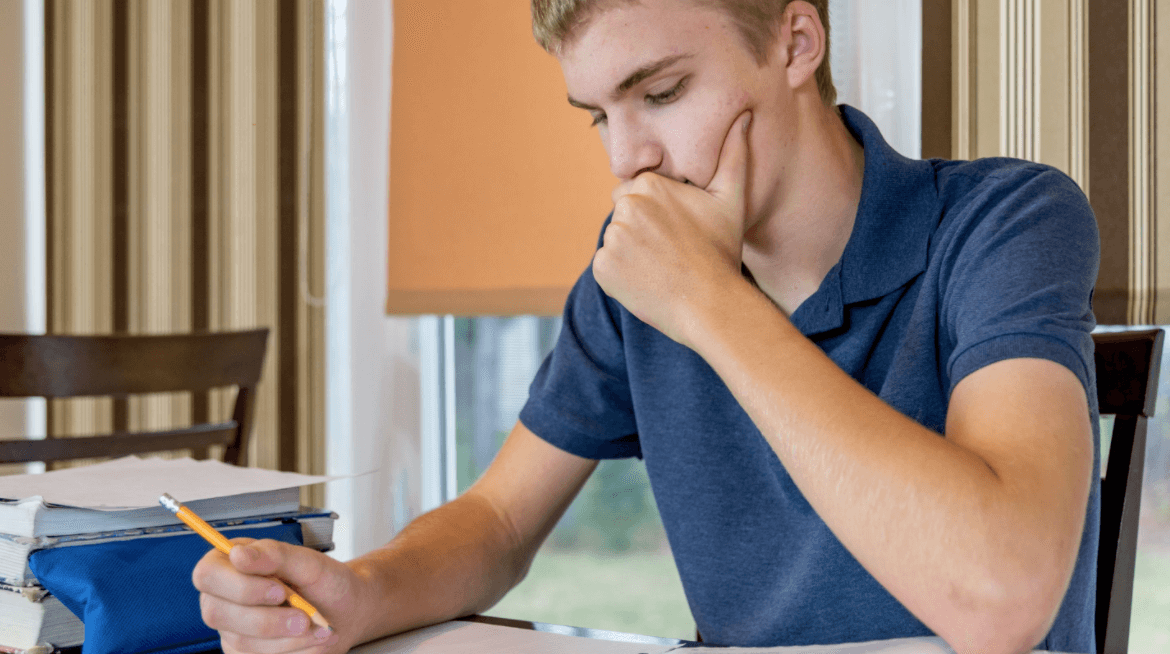
Popular Options For Child & Teen Therapy
Talkiatry – Talkiatry offers virtual psychiatry for children and adolescents (age 6 and up). They’re in-network with every major insurer and offer medication management with talk therapy. Complete the online assessment and get matched with a doctor in just days. Free Assessment
Manatee – Provides parent coaching for behavioral issues including tantrums, talking back, video game addiction, and aggressive behaviors on a national basis. Additionally, Manatee provides child therapy with a whole family approach in CA, FL, OH, PA, MJ, & ID. Manatee serves children and adolescents under 18. Free Consultation
Teen Counseling – Provides online talk therapy to teenagers (13 – 19 years) of age. Serves all 50 states. Learn More
Joon – Joon serves teenagers and young adults (ages 13 – 24). They offer 1-on-1 video therapy accompanied with a mobile app. Joon also includes support for parents with monthly check-ins. Free Consultation
Joon also includes support for parents with monthly check-ins. Free Consultation
Choosing Therapy partners with leading mental health companies and is compensated for referrals by Talkiatry, Teen Counseling, Joon, and Grow Therapy.
How to Get Help
Campus counseling centers are a great first step, as they are available to provide assessments, treatments, and referrals for the college community’s mental health needs. Contact the counseling center to schedule an appointment for an evaluation to help determine a course of treatment. The mental health provider will be able to discuss your needs and work with you to develop a specific treatment plan to address the symptoms of anxiety and how it is impacting your life.
What Resources at My University Can Help?
College campuses are equipped with many resources to assist with your mental health needs. Becoming familiar with the services that are available at your school is especially important. The types of support services found on college campuses are typically similar, however what they are called and the exact services provided may vary.
Resources for mental health support on a college campus typically include:
- Campus Counseling Center: Therapy services, community referrals, online assessments, group programming, and mental health educational and outreach services.
- Health and Wellness Center: Ambulatory care, primary care services, health education and wellness programs.
- Student Support Groups: Usually run by a mental health professional. On many campuses, support groups are available both in-person and online.
- Campus Police: Responsible for safety, security, and upholding the laws. Police are trained to respond to mental health crises when they arise.
Do Universities Make Accommodations for Students with Anxiety?
Colleges are required to provide assistance and accommodations to students who are diagnosed with a mental health disorder according to Title II of the Americans with Disabilities Act and Section 504 of the Rehabilitation Act of 1973.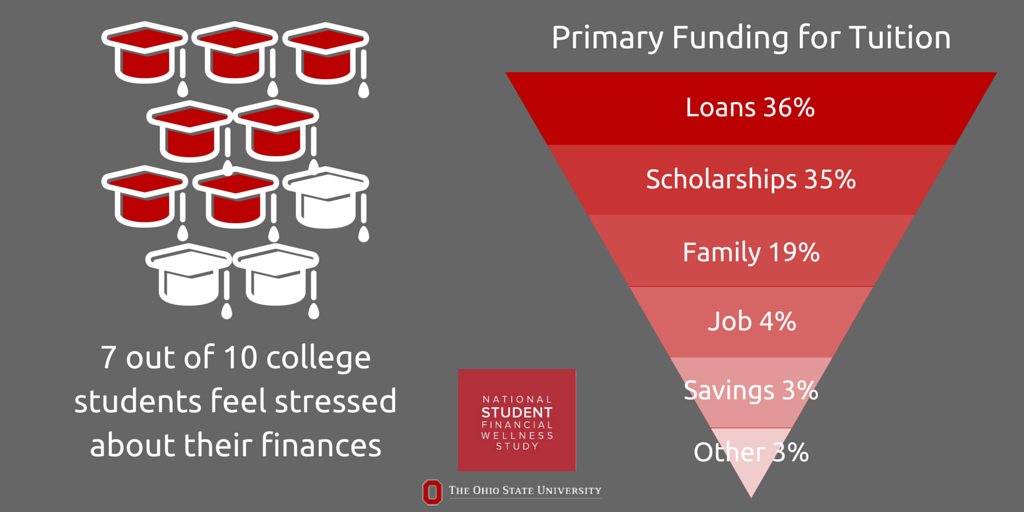 6 Some examples of these accommodations include, but are not limited to, additional testing time, audio recordings of lectures and books, and additional time to complete assignments.
6 Some examples of these accommodations include, but are not limited to, additional testing time, audio recordings of lectures and books, and additional time to complete assignments.
In order to qualify for accommodations due to a mental health diagnosis, an application must be submitted through the school’s disability office. This process can begin once the student receives their acceptance letter or at any point during their educational experience.
Colleges have different documentation requirements, however, most require a letter from a doctor or mental health professional who is qualified to make a diagnosis, assessments supporting the diagnosis, relevant treatment data, and records of functional limitations requiring accommodations.6
Coping With Anxiety as a College Student
Some helpful strategies to ensure that you are addressing your anxiety and making sure not to worsen the symptoms might include:
- Eating well-balanced meals
- Exercising regularly
- Learning ways to better manage stress
- Getting a healthy amount of sleep
- Learning breathing exercises and grounding techniques
- Working with a therapist who uses evidence-based treatment for anxiety
- Connecting with other people who understand what you are going through
- Learning about your anxiety—seek books, articles, blogs from experts in the field.
 Giving your symptoms a name and taking the time to understand your thoughts and reactions reduces the power that they have over you. If it’s test anxiety, find better ways to feel prepared.
Giving your symptoms a name and taking the time to understand your thoughts and reactions reduces the power that they have over you. If it’s test anxiety, find better ways to feel prepared.
What to avoid:
- Trying to hold it in and keeping it to yourself
- Using alcohol or drugs to cope with anxiety
- Telling yourself to “get over it” or minimizing the impact
- Ignoring physical reactions to anxiety
How Parents Can Help Their Anxious College Student
When your child is struggling with anxiety, it is important to remember that they will need support to help overcome it.
Here are some things that you can do to help your college-aged child without enabling them:
- Talk to your child about their anxiety
- Provide a safe space to listen to their concerns
- Help your student remember times when they were able to achieve their goals despite feeling anxious
- Connect your student with local mental health providers and resources
Additional Resources
Education is just the first step on our path to improved mental health and emotional wellness. To help our readers take the next step in their journey, Choosing Therapy has partnered with leaders in mental health and wellness. Choosing Therapy may be compensated for referrals by the companies mentioned below.
To help our readers take the next step in their journey, Choosing Therapy has partnered with leaders in mental health and wellness. Choosing Therapy may be compensated for referrals by the companies mentioned below.
BetterHelp (Online Therapy) – BetterHelp has over 20,000 licensed therapists who provide convenient and affordable online therapy. BetterHelp starts at $60 per week. Complete a brief questionnaire and get matched with the right therapist for you. Get Started
Online-Therapy.com – Receive help for anxiety. The Online-Therapy.com standard plan includes a weekly 45 minute video session, unlimited text messaging between sessions, and self-guided activities like journaling. Recently, they added Yoga videos. Get Started
Brightside Health (Online Psychiatry) – If you’re struggling with anxiety, finding the right medication can make a difference. Brightside Health treatment plans start at $95 per month. Following a free online evaluation and receiving a prescription, you can get FDA approved medications delivered to your door. Free Assessment
Free Assessment
Mindfulness.com (App) – Mindfulness and meditation can change your life. In a few minutes a day with Mindfulness.com, you can start developing mindfulness and meditation skills. Free Trial
Choosing Therapy’s Directory – Find an experienced therapist specialising in anxiety. You can search for a therapist by specialty, availability, insurance, and affordability. Therapist profiles and introductory videos provide insight into the therapist’s personality so you find the right fit. Find a therapist today.
Choosing Therapy partners with leading mental health companies and is compensated for referrals by BetterHelp, Online-Therapy.com, Brightside, and Mindfulness.com
For Further Reading
- Higher Education Mental Health Alliance
- ULifeline: Online resources for college mental health
- Get Schooled: Free mental health resources for college students
- Anxiety and Depression Association of America
- Quotes & Stories About Anxiety
- Mental Health America
- National Alliance on Mental Health
- MentalHealth.
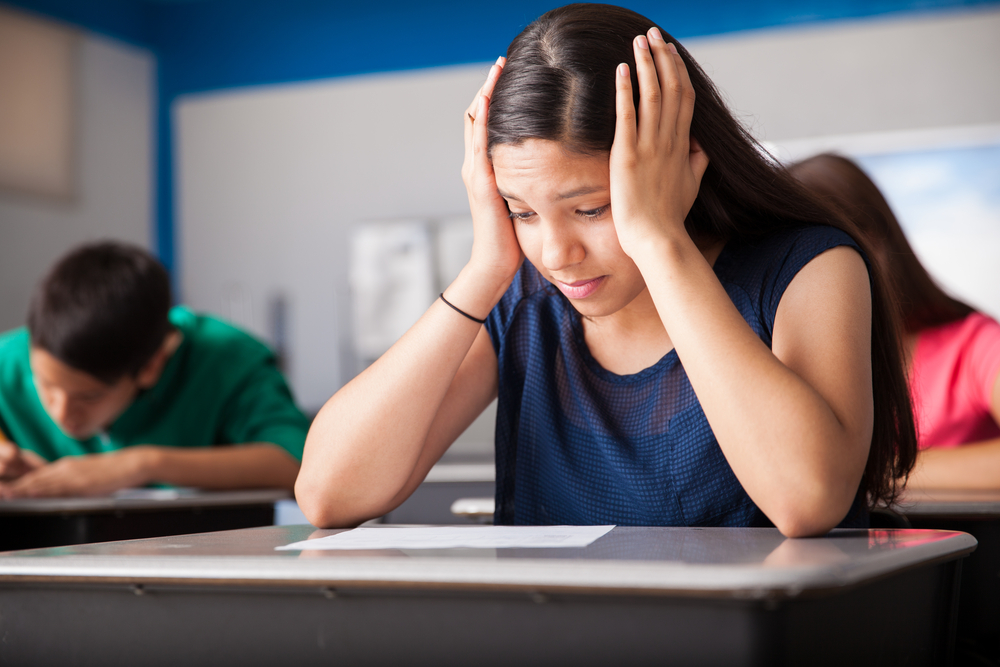 gov
gov
7 sources
Choosing Therapy strives to provide our readers with mental health content that is accurate and actionable. We have high standards for what can be cited within our articles. Acceptable sources include government agencies, universities and colleges, scholarly journals, industry and professional associations, and other high-integrity sources of mental health journalism. Learn more by reviewing our full editorial policy.
-
The Healthy Minds Network. (2020). The Healthy Minds Study: Fall 2020 Data Report. Retrieved from https://healthymindsnetwork.org/wp-content/uploads/2021/02/HMS-Fall-2020-National-Data-Report.pdf
-
American Psychiatric Association. (2013). Diagnostic and Statistical Manual of Mental Disorders (5th ed.). Arlington, VA.
-
Anxiety and Depression Association of America. Social anxiety. Retrieved from https://adaa.org/understanding-anxiety/social-anxiety-disorder
-
Anxiety Disorders.
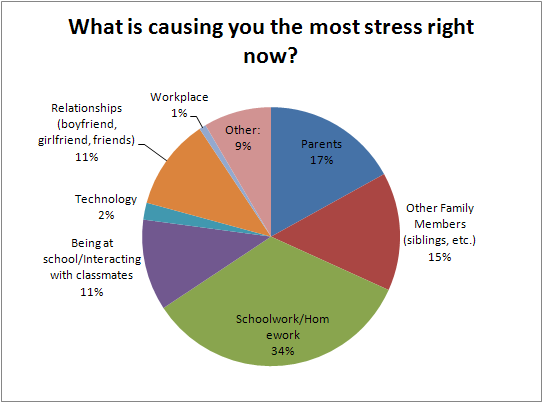 Retrieved from https://www.mayoclinic.org/diseases-conditions/anxiety/symptoms-causes/syc-20350961
Retrieved from https://www.mayoclinic.org/diseases-conditions/anxiety/symptoms-causes/syc-20350961 -
Anxiety and Depression Association of America. Facts & Statistics. Retrieved from https://adaa.org/about-adaa/press-room/facts-statistics
-
Anxiety and Depression Association of America. Exercise for Stress and Anxiety. Retrieved from https://adaa.org/about-adaa/press-room/facts-statistics
-
U.S. Department of Education (2020, January) Students with Disabilities Preparing for Postsecondary Education: Know Your Rights and Responsibilities. Retrieved From https://www2.ed.gov/about/offices/list/ocr/transition.html
update history
We regularly update the articles on ChoosingTherapy.com to ensure we continue to reflect scientific consensus on the topics we cover, to incorporate new research into our articles, and to better answer our audience’s questions. When our content undergoes a significant revision, we summarize the changes that were made and the date on which they occurred. We also record the authors and medical reviewers who contributed to previous versions of the article. Read more about our editorial policies here.
We also record the authors and medical reviewers who contributed to previous versions of the article. Read more about our editorial policies here.
-
Previously published: 6/24/2020
Previous version written by: Michelle Friedman, LCSW, PMH-C
Previous version medically reviewed by: Dena Westphalen, Pharm. D.
Primary changes: Updated statistics, improved readability, shortened “Treatments” section, updated “Resources” section.
If you are in need of immediate medical help:
Medical
Emergency
911
Suicide Hotline
800-273-8255
How to prevent stress while studying
Studying at the university is not only an opportunity to gain new knowledge, make friends and show off, but also a serious stress for our nervous system. The reason for this is often a large emotional load, as well as the amount of information received.
Almost every student faces stress. Feeling emotional stress is absolutely normal, but if you do not take action in time, you may encounter mental health problems.
Feeling emotional stress is absolutely normal, but if you do not take action in time, you may encounter mental health problems.
Stages of stress
It is quite easy to notice the appearance of stress in time if you pay attention to changes in your condition.
- Worry stage
This stage is very easy to notice, for example, when your psyche reacts with excitement in response to stress factors. In this case, anxiety serves as a signal for the body to mobilize the protective potential. - Resistance stage
As a rule, this stage does not cause anxiety in a person, especially if he manages to successfully resolve the problem. It occurs when the body comes into a state that allows it to cope with stress on its own. - Exhaustion stage
It is reached if the stress factor continues for a long time. Your body's reserves are depleted in an attempt to fight anxiety and worry. Ultimately, stress completely overwhelms a person. Like the first, third stage is very easy to notice.
Ultimately, stress completely overwhelms a person. Like the first, third stage is very easy to notice.
What are the consequences of stress at school
If a student experiences stress, he begins to perceive information worse, attendance and productivity decrease. This affects the overall performance of the student. Emotional burnout and apathy may occur.
In addition to all this, stress also has consequences for the physical health of a person: the load on the heart increases, blood pressure rises, the work of the autonomic and nervous systems is disturbed.
How to prevent the occurrence of stress
To minimize the possibility of stress, it is not necessary to wait for the prerequisites for this condition. We share with you tips on how to avoid feelings of anxiety and excitement.
- Monitor your self-esteem and maintain it at the proper level
Often, low self-esteem gives rise to a fear of speaking in public and complexes. While studying at the university, you will often have to defend papers and consult with teachers. Therefore, it is worth working on ensuring that public speaking does not cause you discomfort.
While studying at the university, you will often have to defend papers and consult with teachers. Therefore, it is worth working on ensuring that public speaking does not cause you discomfort.
- Maintain knowledge
Try to keep track of class attendance and how well you have learned the material. Remember that it is better to fill in the gaps in knowledge immediately than to try to understand everything the day before the exam.
- Schedule deadlines
A large amount of tasks is always stressful, so we advise you to make a table that includes the names of the subjects, the type of work and the date when it must be handed in. This will help you spread your workload and find time to rest.
- Do not forget about changing activities
Weekends must be spent not in the same mode as weekdays. You can go to sports, walk around the city, meet friends, visit an exhibition or a concert. The more "unusual" days in your life, the better it is for the body and psyche.
The more "unusual" days in your life, the better it is for the body and psyche.
- Write down your emotions and experiences for the day
It has long been proven that it is very useful to transfer thoughts and emotions to paper. This allows you to get rid of the negative and unload the psyche. It is also useful to analyze records to understand the causes of your conditions and find ways to solve problems.
- Arrange your workplace
Psychologists have proven that visual noise affects the emotional state of a person. Since throughout the year you will have to regularly do homework, essays and prepare for exams, try to organize your workspace so that it is comfortable to spend most of your time at it. If you feel comfortable at your desk, the desire to learn will be much greater.
- Monitor the quality of sleep
Sleep is one of the most important components of mental health.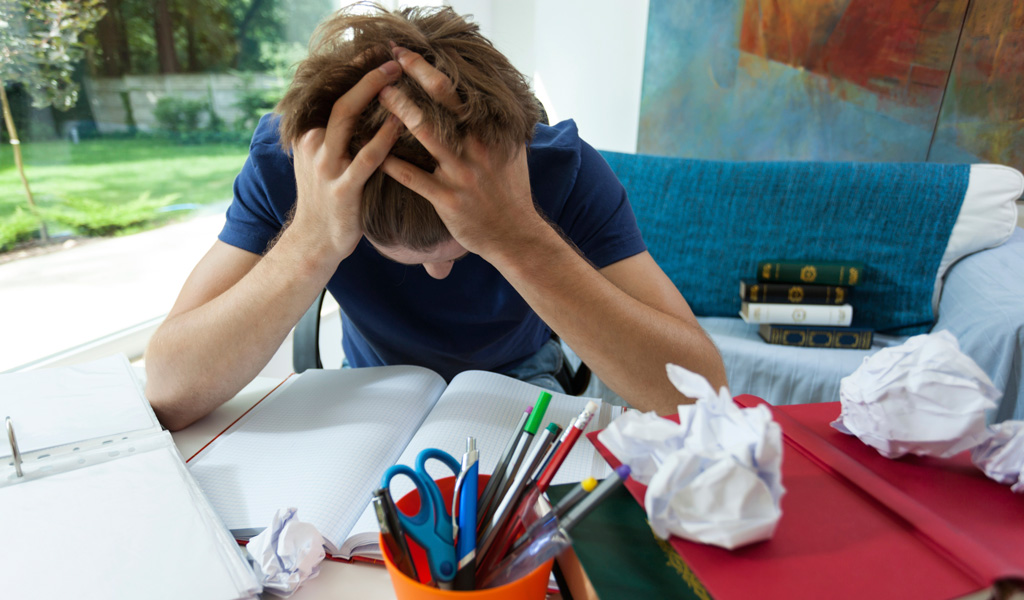 Do not put off all the affairs for the evening and sit half the night doing tasks. Distribute the load throughout the day so that you have enough time to rest and sleep. We advise you to turn off notifications on your phone before going to bed.
Do not put off all the affairs for the evening and sit half the night doing tasks. Distribute the load throughout the day so that you have enough time to rest and sleep. We advise you to turn off notifications on your phone before going to bed.
To minimize stress, try to lead a healthy lifestyle, reduce the number of bad habits and do not acquire new ones, as well as monitor your diet and condition of your body.
How to deal with student fears? — Knife
Student fears are provocateurs of mental disorders in students
Most students are young people aged 17–25. During this age period, the risk of many mental disorders is increased. In 2021, the journal Molecular Psychiatry published the results of a meta-analysis of 192 epidemiological studies from around the world, according to which the following psychopathologies are highly likely to debut at this age:
- Eating disorders - anorexia nervosa, bulimia nervosa, psychogenic overeating.

- Obsessive-compulsive disorders - the occurrence of obsessive, disturbing or frightening thoughts (obsessions) and obsessive actions (compulsions).
- Personality disorders - distorted perception of reality and inadequate ways of responding to events.
- Schizophrenic disorders - fundamental disorders of thinking and perception, which may be accompanied by auditory hallucinations, false memories, fantastic delusions, social dysfunction.
- Addictions - the desire to escape from reality and change one's mental state with the help of psychotropic substances.
More than 13,000 students from 8 countries were interviewed as part of the WHO International Student Project "World Mental Health Survey". The study showed that every third student has a mental disorder.
Domestic research shows that affective disorders (mood disorders) and emotional adaptation disorders are present in 20–30% of the Russian students surveyed.
These disorders reduce the quality of life, lead to social phobia, and increase the risk of suicide.
Researchers note that the high risk of psychopathology in students is associated with excessive workload and chronic stress. At the same time, the most critical period is the third year, when additional stress factors appear: students are faced with questions of professional self-determination, the choice of specialization, and the topic of scientific work.
One of the provocateurs of stress is fear. Ordinary (natural) fear is short-term, reversible, does not harm health, and is even useful: the functions of the body are mobilized, thanks to which we are ready for an unforeseen development of events. However, prolonged fear is fraught with disturbances in the functioning of the nervous system, emotional exhaustion and chronic stress.
Thus, prolonged fears are one of the reasons for the development of psychopathologies in students: they provoke chronic stress, which, in turn, leads to mental disorders.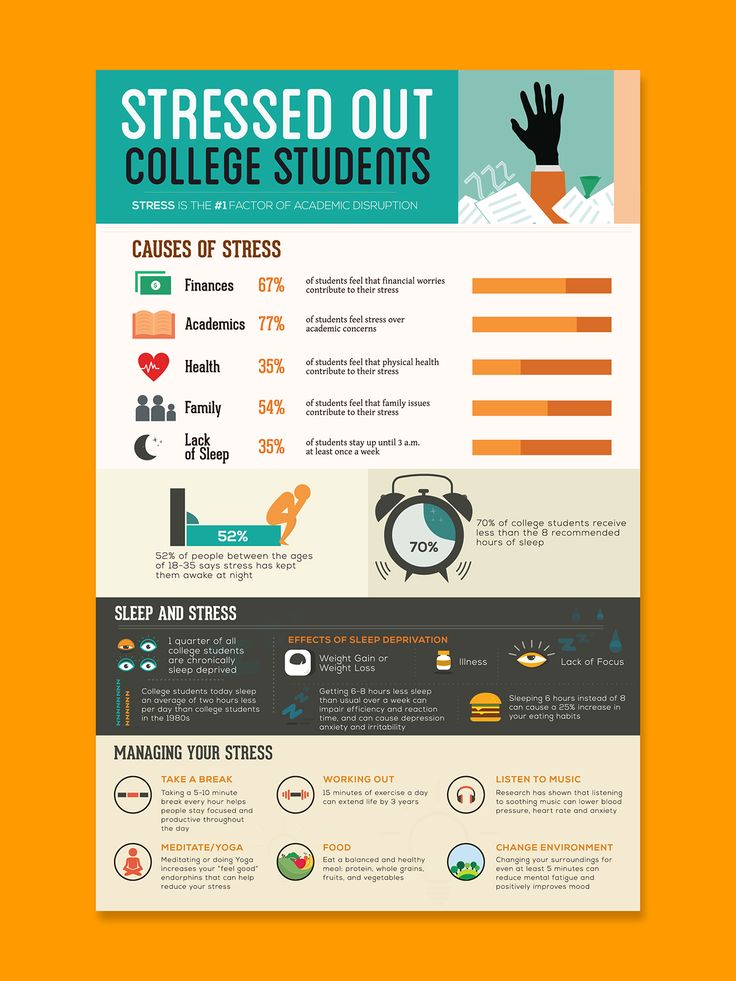
End-to-end and temporary student fears
A clinical study of the end-to-end and temporary fears of students was conducted at the Kharkov Pharmaceutical Academy. The first ones are expressed in them throughout the entire period of study, the second ones are typical for students of certain courses. Psychologists have compiled a list of student fears of 71 items. Students rated each fear using a 4-point scale.
Of the 20 strongest fears , 10 turned out to be end-to-end :
- Fear of exam , which is predominant among third and sixth year students. Among freshmen, he took the second most important place.
- Fears of “making a mistake”, “public speaking”, “answering at the blackboard”, “responsibility”, “not being allowed to take an exam/test” .
- Fears associated with the problem of the professional future The fear of "expulsion" was predominant among first-year students.
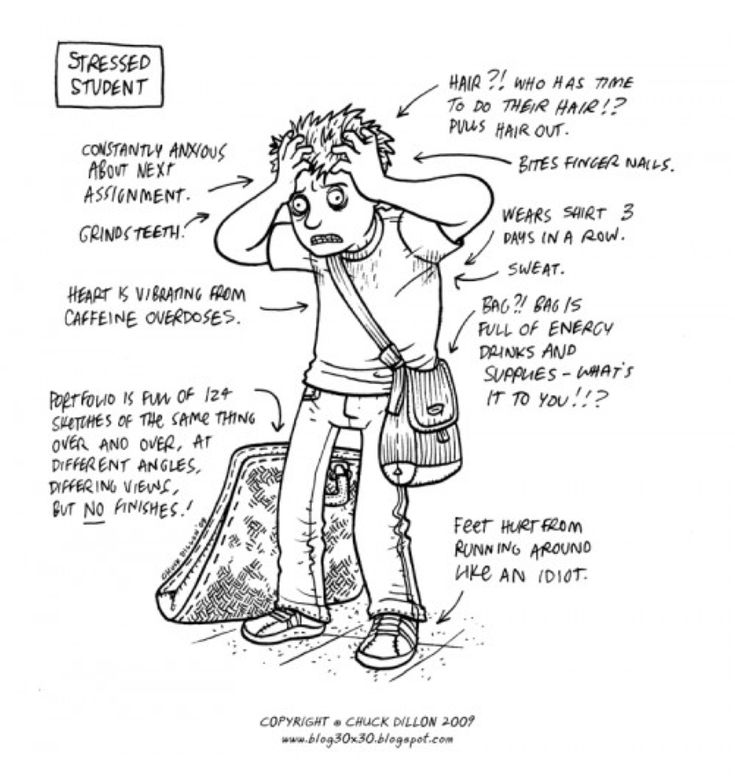
The researchers suggested that cross-cutting fears affect the fundamental laws of the psyche of students, and therefore have a long-term character. Fears associated with the future profession reflect negative forecasting - such an attitude harms the learning process.
Among the strong temporary fears were:
- Fears “what cheat sheets will find”, “confusion in the head” . Characteristic for first-year students, weakly expressed in the third year and absent in the last.
- Fear of "interrogation" . It is typical for students of the third and last years and practically does not appear in first-year students.
- Fear of "thesis" . It is most pronounced in graduate students, quite pronounced in the third year and practically absent in first-year students.
Clinical studies of individual fears
1.
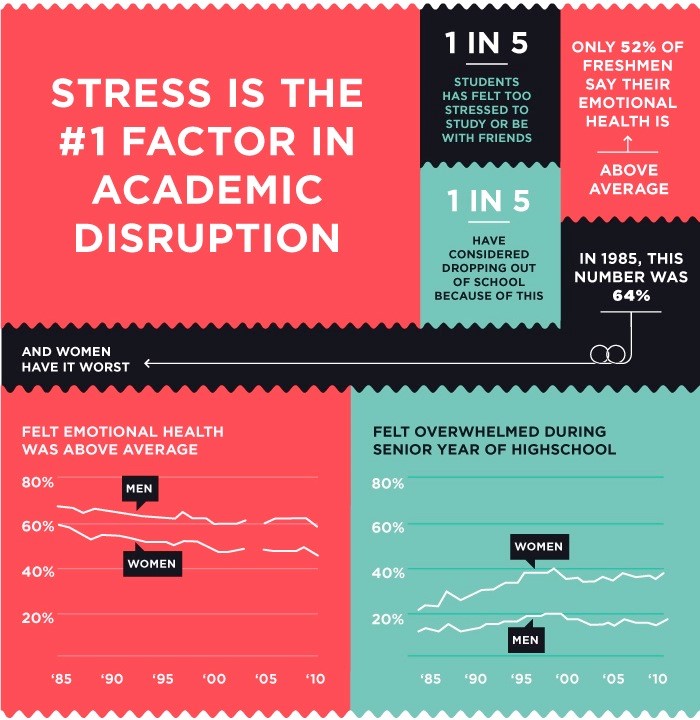 Fear of error
Fear of error Fear of error is the fear of failure, predicting the worst outcome. The head of a student who is afraid of mistakes is full of thoughts about possible disasters: I won’t master a new topic, I’ll fail the test, I won’t be able to find a common language with classmates, a girl, I won’t become a good specialist ...
Fear of error prevents the student from developing, using his mental abilities and creativity to the fullest, as he constantly feels inner constraint, shows extreme caution.
In 2016, the journal Innovative Science published the results of a study of this fear among students of the Kuban State Technological University. The study was conducted using a special questionnaire that shows the level of a person's anxiety because of his mistakes, attitude to the opinions of others, as well as a tendency to self-deception and the use of psychological defenses.
Processing of the results showed a fear of error in 10.7% of respondents.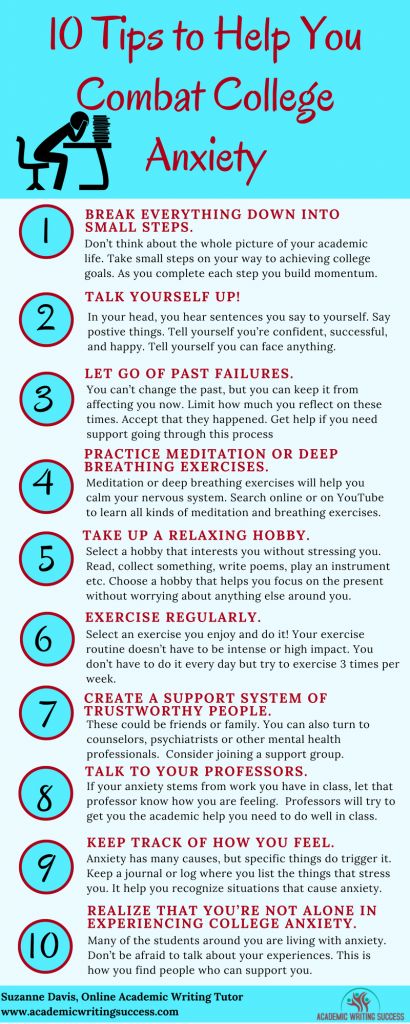 Such students are fixated on mistakes, which they can worry about for hours or even days. The researchers noted that more often fear was found in girls than in boys. Female students are more concerned about how they look in the eyes of others, which leads to the desire to avoid any mistakes.
Such students are fixated on mistakes, which they can worry about for hours or even days. The researchers noted that more often fear was found in girls than in boys. Female students are more concerned about how they look in the eyes of others, which leads to the desire to avoid any mistakes.
Tatyana Vystavkina , family psychologist, candidate of sciences
Fear of error is formed in childhood. Its reasons may be parental criticism for any mistakes, ridicule at school from classmates, prejudiced attitude of teachers. All this leads to the formation in the child of the installation "I'm stupid / bad!" and fear of making mistakes, which can last a lifetime.
Some parents try to raise a genius out of a child, and no matter what heights he reaches, this is always not enough for them. To please the parents, the child sets himself ever higher and sometimes unattainable goals. It would seem that in this case he should be motivated to achieve success.
But in reality, everything turns into a horror of failure. So the child gradually turns into a perfectionist, who needs to be the best, but he cannot achieve this because of the panic fear of making mistakes.
Also, fear may appear due to overprotection of parents. Overprotection leads to the formation of learned helplessness: the child gets used to the fact that all his problems are solved by his mother and father. Growing up, he does not have any life experience behind him, he is not confident in his own abilities, he is afraid of making mistakes when solving any new task.
To get rid of the fear of mistakes, change the angle of view on your mistakes, do not treat them like a disaster. Allow yourself to be wrong! Take failures as a new life experience that allows you to find your weaknesses, eliminate them and develop further.
Do not resort to an avoidance strategy. When a person is frightened by some situations, he begins to bypass them, avoid them. Such a strategy is protection against possible failures.
But in fact, it leads to the fact that the area of what is avoided becomes huge and the person begins to be afraid of everything in the world. Therefore, you need not to avoid, but to act! Try, make mistakes and start over - until the result is achieved. And constantly analyze: what you did great, and where improvement is needed.
Try to identify thoughts that become a source of fear. For example, "I'm stupid", "I don't have the ability to study." Assess how true they are. Find facts that can destroy these thoughts. For example, "I was able to enter the university, so I'm capable", "Fellow students turn to me for advice, which means they consider me smart." Make these facts your new beliefs, attitudes and say them every day as often as possible.
2. Fear of exams, exam stress
Exam is a word that makes students' palms sweat and chills run down their backs. Many perceive it as a dangerous situation, "sophisticated torture", a catastrophe on a universal scale.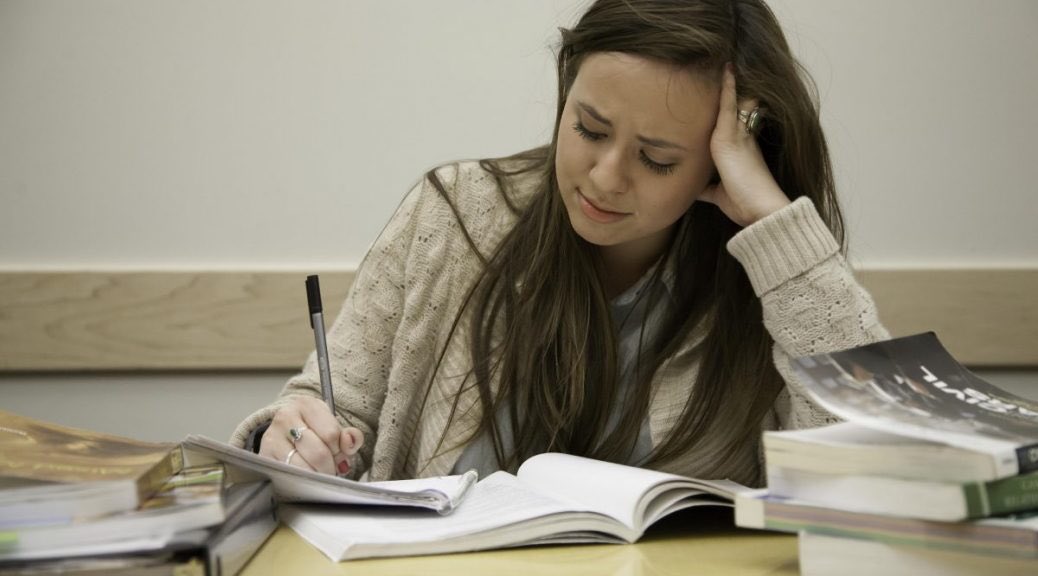 According to the research of the Russian psychophysiologist Y. Shcherbatykh, the manifestations of examination stress can be:
According to the research of the Russian psychophysiologist Y. Shcherbatykh, the manifestations of examination stress can be:
- Subjective symptoms - anxiety, fear. Anxiety differs from fear in that a person cannot clearly define what exactly he is afraid of. This is a generalized, pointless fear of something.
- Objective symptoms - palpitations, insomnia, headache, uncontrollable muscle tremors. With a pronounced reaction to exam stress, the main vital signs of students reach dangerous values: the heart rate can increase to 120–150 beats per minute, systolic blood pressure rises to 150–180 mm Hg. Art.
Fear of exams is in many ways similar to the fear of making a mistake, because most students are afraid of making a mistake when answering a ticket.
However, this fear is more powerful and widespread: more than 60% of students experience it. After testing 220 Belarusian students, psychologists found that fear of exams is associated with their personal and gender characteristics:
- Fear is directly proportional to aggressive, pessimistic, critical self-attitude and inversely proportional to a positive attitude towards oneself — the ability to enjoy one's successes, the ability to be inspired.

- Students who are able to study independently and track their progress are less afraid of exams than students who are dependent on others for their studies. In non-self-reliant students, the level of fear of exams is directly proportional to such qualities as suspicion, subordination, dependence, aggressiveness.
- In girls, the fear of exams is more pronounced than in boys.
Also, scientists have found that at the beginning of training, students are more afraid of the exam than in the last courses.
In 2020, the International Student Scientific Bulletin published the results of a psychological study conducted at the Bashkir State University. During the examination session, the level of anxiety and depression was measured among students:
- 63% of the respondents were in a state of clinically pronounced anxiety or depression. This means that a person is not able to cope with his condition on his own and he needs to urgently seek help from a psychologist or psychotherapist.

- 17% of respondents had subclinical anxiety or depression. A person can cope with such mental problems if he urgently stops in the race for high results, reduces the load on the psyche and gives his body a rest.
- 20% of students had normal levels of anxiety and depression.
In foreign medical literature, the term "test anxiety" is common. In fact, it can be equated with anxiety before exams: in many universities in the United States and other countries, instead of classic exams with tickets, tests are used to test knowledge. American psychologist David Susman believes that test anxiety can lead to both mild symptoms and tachycardia, fainting, panic attacks, and substance abuse.
Tatyana Vystavkina:
You need to work with the fear of an exam in the same way as with the fear of a mistake: treat the exam as a new experience, do not apply an avoidance strategy, create positive attitudes.
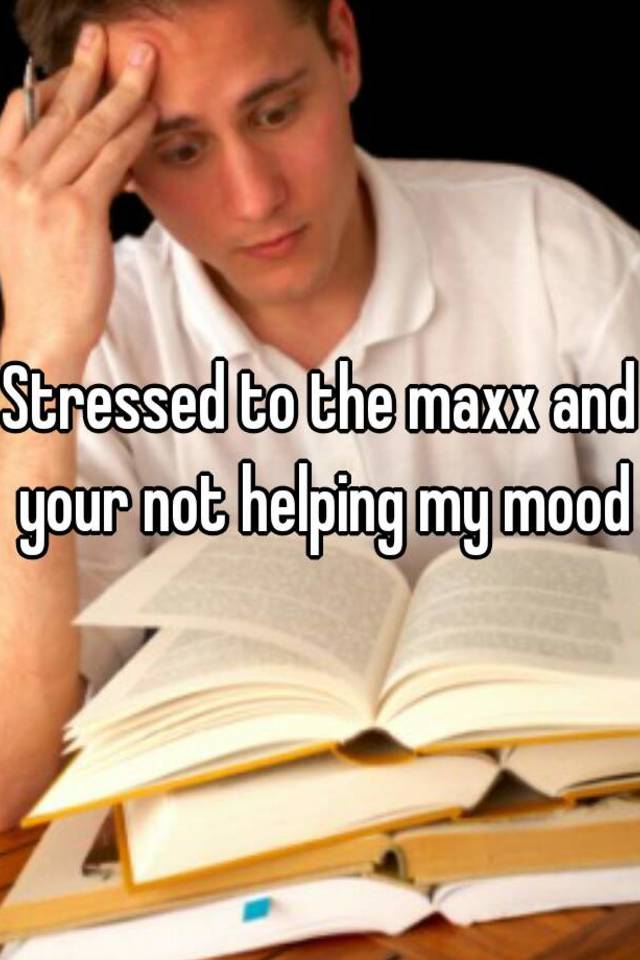
You can reduce the fear of exams with the help of careful preparation: the better you know the subject, the less you will worry. Use distributed practice: break up exam preparation into short sessions over a long period of time. Distributed practice leads to more effective learning and less adrenaline rush than intensive study on the eve of an exam.
The psychological state of a student before the exam largely depends on the situation in the family. For example, the cause of fear may be the student’s fear of not meeting the expectations of his parents: “What if I can’t do it, and they will be disappointed in me?”
Fear of not justifying someone's hopes paralyzes a person, reduces self-esteem and an adequate perception of opportunities. The student must clearly know that for a bad result, he will not be hysterical and reproaches, but understanding and support. A sense of security and certainty guarantees that the student will have less fear of the exam and better results.

3. Fear of public speaking
In psychology, this fear is called glossophobia . Its symptoms are heart palpitations, excessive sweating, facial flushing, tightness of the vocal cords, trembling of the hands and feet. When faced with the need to perform in front of an audience, many people experience the “fight or flight” response, in which the body mobilizes to eliminate the threat through a sharp increase in adrenaline levels.
Students are constantly faced with public speaking (at exams, seminars, conferences), so the fear of them can become a serious obstacle to normal learning.
SourceThere are no large-scale studies of students' fear of public speaking in Russia. A small study was conducted at the Pedagogical Institute of the Pacific State University in Khabarovsk. The experimental group included 13 third-year students: 11 girls and 2 boys. Questioning students showed that:
- Public speaking is stressful for 46% of respondents.

- The severity of fear is influenced by the audience's attitude, personal attitude to one's performance, mood, well-being, knowledge of the material.
- To overcome fear, students resort to self-hypnosis, breathing techniques, medications.
After the survey, the participants completed a training program developed by psychologists. It consisted of 12 lessons in which students mastered relaxation techniques, self-presentation, practiced speech, facial expressions, gestures, and learned to control the attention of the audience. At the final lesson, each student made a pre-prepared report. Some students noted that the classes helped them feel confident. Re-survey showed that the level of anxiety of the group decreased.
In many foreign countries, students' fear of public speaking is given increased attention. For example, in the United States, special communication courses are widespread, for which about 1.3 million students annually enroll .

American psychologists tested more than a thousand students who attended such courses and identified the 12 most powerful fears associated with public speaking.
- Fear of audience reaction . Students were afraid of condemnation, ridicule, disinterest, or, conversely, increased attention to themselves. Some feared that they did not present the material clearly enough, which made the information incomprehensible to the audience.
- Fear of cognitive impairment during performance . Many feared memory impairment. One student wrote: "My biggest fear is that I forget the lyrics and just freeze in front of the audience." Some respondents feared the lack of eye contact with the audience, which, in their opinion, leads to forgetfulness.
- Fear of lack of fluency and the predominance of filler words in it .
Tatyana Vystavkina:
Fear of public speaking is one of the most common social fears.
Its causes may be psychological trauma in childhood, negative experiences in the past, communication with people who are afraid to speak in front of an audience.
Cognitive training - the practice of speech - helps to overcome fear and increase self-confidence. Read it out loud in front of family and friends. Do not put off this task until later: procrastination increases anxiety.
Replace negative thoughts with positive ones. As often as possible, say "I am a good speaker", "I am confident in myself and speak well." Visualize success: imagine how you speak with confidence in front of the audience, how the audience reacts positively to your performance.
Before speaking, try to visit the audience where it will take place. Look around the audience, pay attention to all the little things, remember them. If possible, go up on stage and rehearse your speech. This will allow you to mentally prepare for a speech, feel more confident, and cope with one of the main triggers of fear - the unknown.
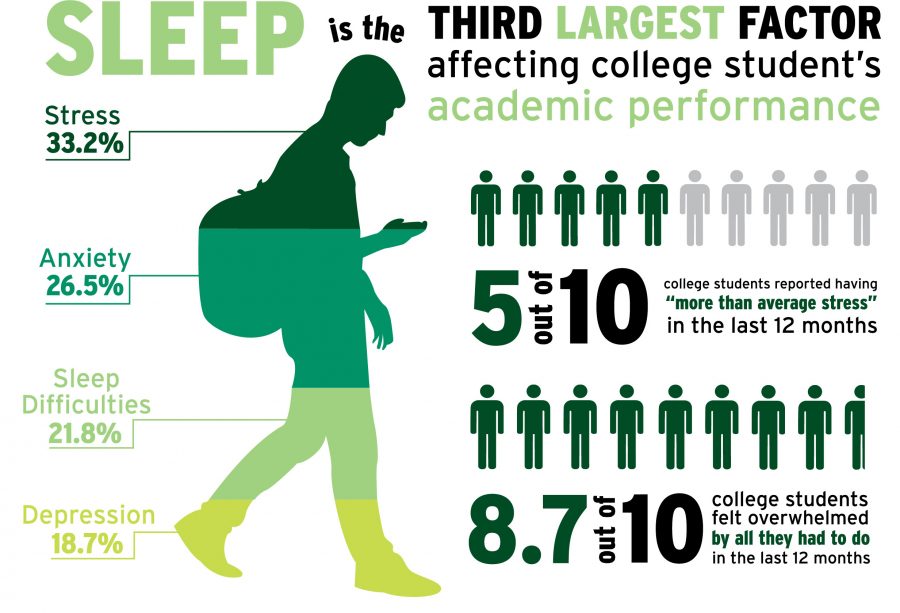
Psychological state of students receiving first and second higher education
At the Faculty of Psychology of Moscow State University of Psychology and Education we compared the level of stress resistance and emotional burnout among students receiving first and second higher education. The sample included two groups:
- 28 full-time third-year students receiving their first degree. The average age of students was 21.5 years.
- 27 students of the third and fourth year of part-time education, receiving a second degree. The average age is 34 years.
The level of well-being, activity, mood and interest in learning was determined for all respondents. The students of the second group had lower indicators of well-being and mood, but higher values of activity and interest. The participants in the first group had much more pronounced symptoms of emotional burnout.
Psychologists suggested that the reason for the burnout of full-time students is not only the high workload at the university (the second group also had a big one), but also insufficient motivation.

Many young people go to university after school “just to get an education”, which often leads to disappointment in their chosen profession. Getting a second higher education, people do it consciously, having decided exactly what they want from life, so their interest in learning is higher.
Also, all students had a level of stress resistance - a set of qualities that allow them to resist stress and endure it without consequences for the psyche. Stress resistance was determined on six scales:
- Reaction to traumatic factors.
- The tendency to exaggerate the danger of surrounding circumstances.
- Predisposition to psychosomatic disorders.
- Negative ways of coping with stress - aggressive behavior, the desire to lighten or reduce their academic duties, drinking alcohol.
- Positive ways of coping with stress - relaxing, controlling negative emotions, solving the problem that creates stress.

